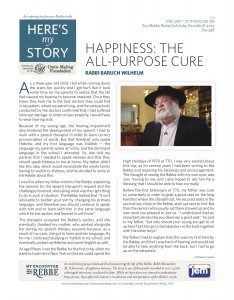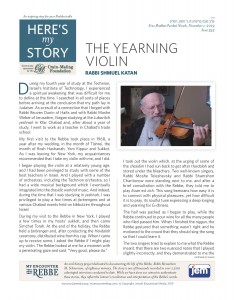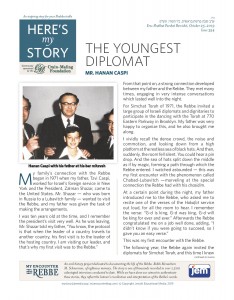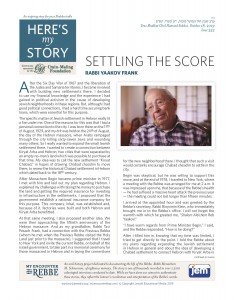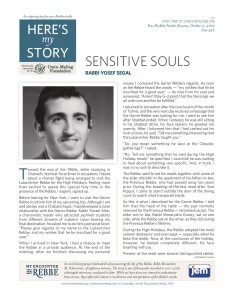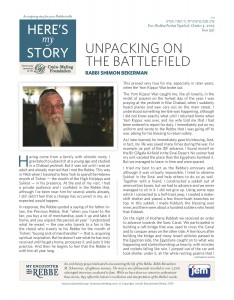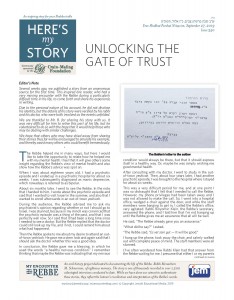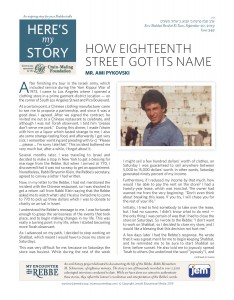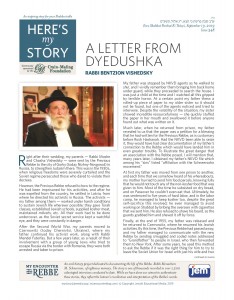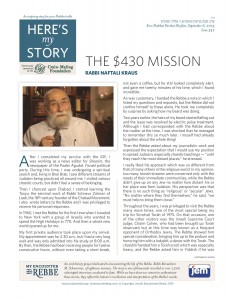Happiness: The All-Purpose Cure
As a three-year-old child, I fell while running down the stairs too quickly and I got hurt. But it took some time for my parents to realize that the fall had caused my hearing to become impaired. Once they knew, they took me to the best doctors they could find in Jerusalem, where we were living, and the various tests conducted by the doctors confirmed that I had suffered inner ear damage. In order to hear properly, I would have to wear hearing aids.
Because of my young age, the hearing impairment also hindered the development of my speech. I had to work with a speech therapist in order to learn correct pronunciation of words. But that therapist only spoke Hebrew, and my first language was Yiddish – the language my parents spoke at home, and the dominant language in the school I attended. So, she told my parents that I needed to speak Hebrew and that they should speak Hebrew to me at home. My father didn’t like this idea, which would necessitate the whole family having to switch to Hebrew, and he decided to write to the Rebbe about this.
I was five when my father wrote to the Rebbe, explaining the reasons for the speech therapist’s request and the challenges involved, and asking what was the right thing to do in such a situation. The Rebbe replied that “it isn’t advisable to burden your son by changing his primary language, and therefore you should continue to speak with him and to learn with him in the same language which he has spoken and learned in until now.”
The therapist accepted the Rebbe’s verdict, and she eventually thanked my mother, who worked alongside her during my speech therapy sessions because, as a result of my case, she got to learn another language. As for me, I continued studying in Yiddish in my school, and eventually picked up Hebrew and some English as well. (more…)


